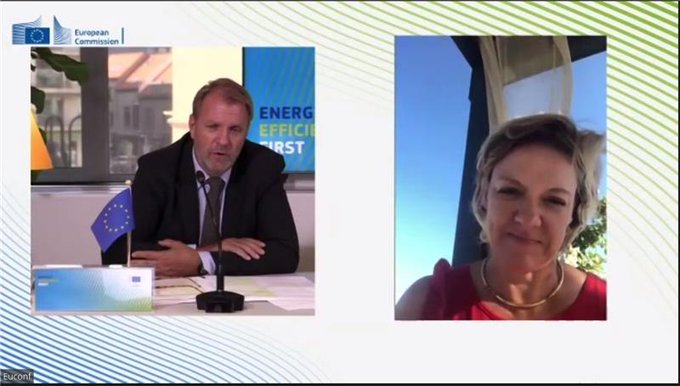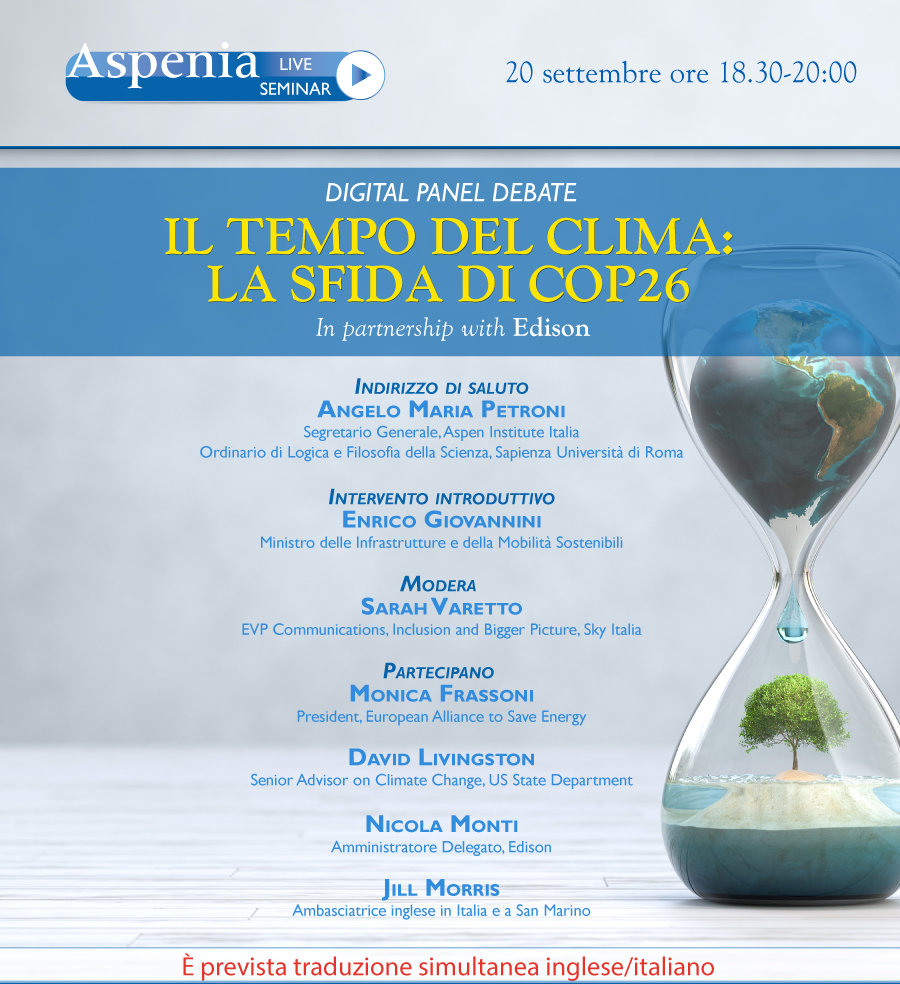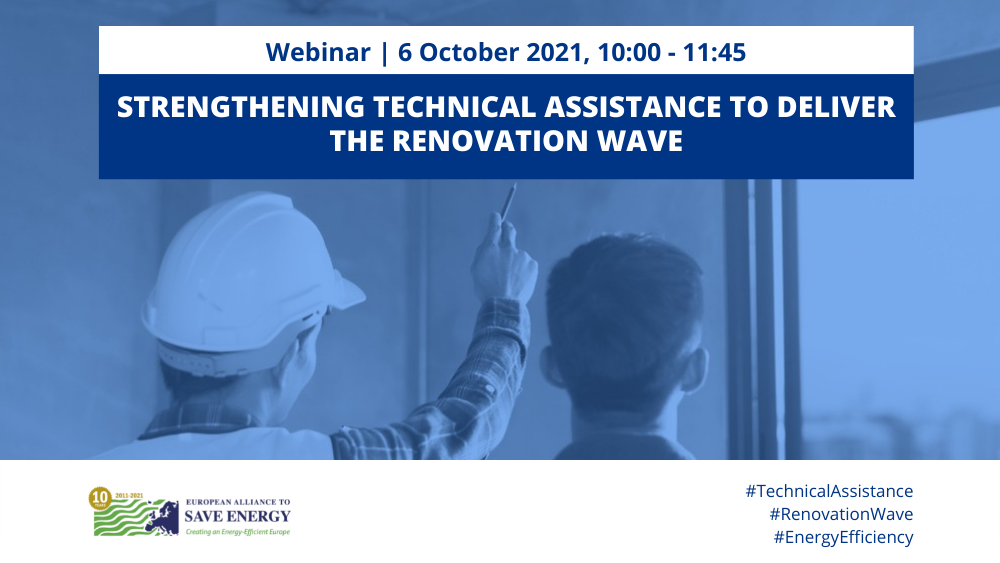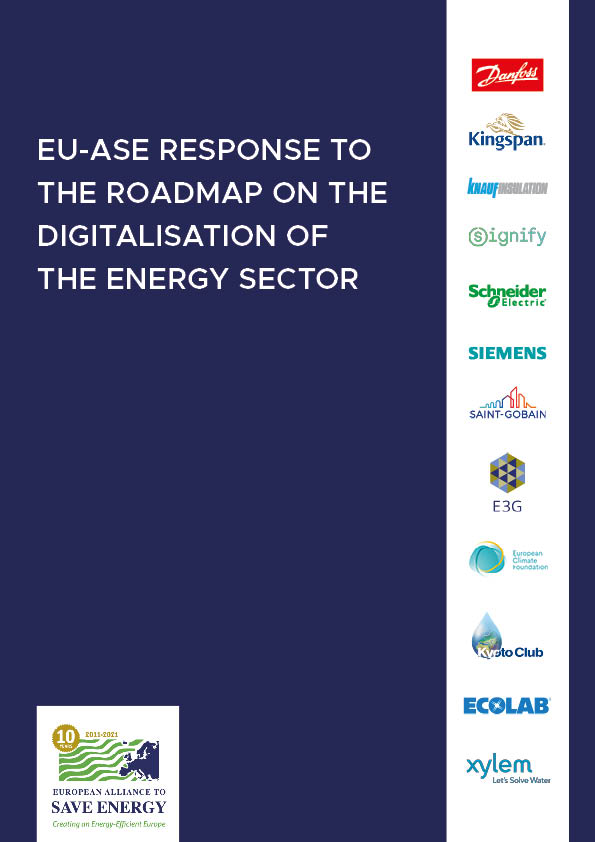EU-ASE at high-level launch of Energy Efficiency First Guidelines

The president of the European Alliance to Save Energy, Monica Frassoni spoke at the high-level event “Recommendation and Guidelines on Energy Efficiency First: From principles to practice” organised by the European Commission’s DG ENER and CINEA on 28 September for the launch of its Guidelines on the Energy Efficiency first principle.
In her intervention, Monica Frassoni called on the Commission to lead by example and apply the principle to their policy and regulatory work, starting from the forthcoming Energy Performance of Buildings Directive proposal. She also stressed the need for stronger integration of the water-energy nexus in the EU legislative framework.
The event gathered stakeholders from both the energy and energy end-use sectors and from sustainable finance. The guidelines aim to support the implementation of the Energy Efficiency First (EE1st) principle in decision-making in the energy sector and beyond.




